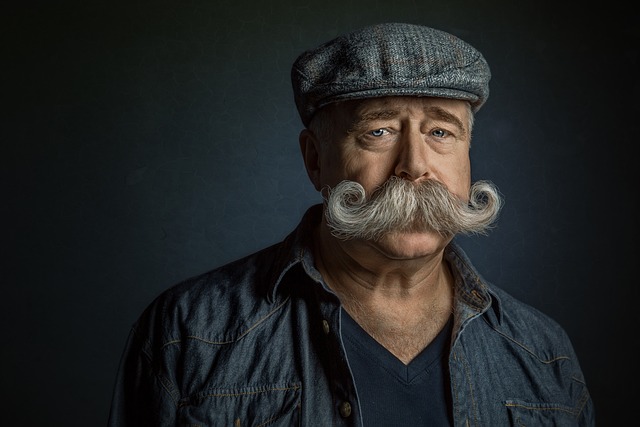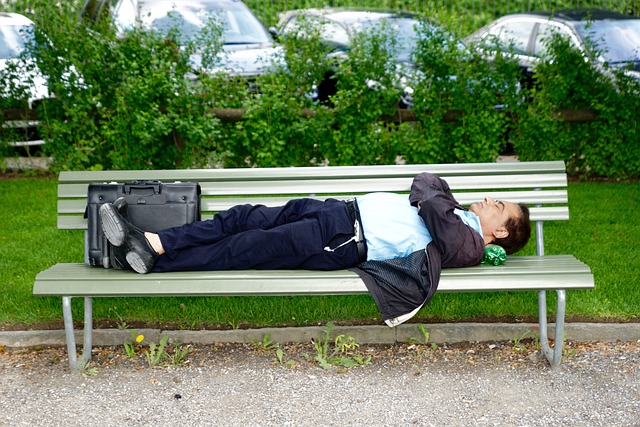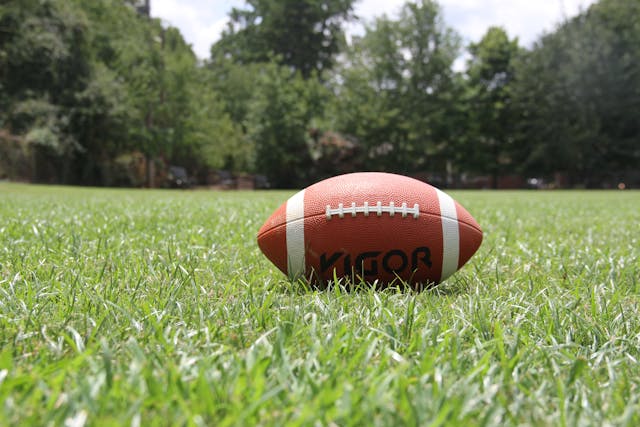
Beard nets and snoods are accessories many bearded men only discover after starting a job that specifically requires them. Learn everything you need to know about such headwear to balance your professional duties and personal style.
What Are Beard Nets?
Beard nets are protective coverings designed to contain facial hair, which may be necessary to keep individual strands from landing on surfaces that should stay contaminant-free, such as food items and machines.
A beard net is generally stretchable and lightweight, allowing it to fit snugly over your face. It has an elastic band, tie or string meant to go around your head to keep it secure while you wear it.
Beard nets are non-woven fabric — a material made up of mechanically, thermally and chemically bonded fiber webs. Non-woven fabric lends itself to garment mass production to yield large product volumes, and its processes spur innovation to enhance their flexibility, durability and other qualities to suit various applications.
What Are the Different Types of Beard Nets?
Simple beard nets only cover the mouth, chin and jawline. However, some designs cover more areas.
Hair and beard nets can contain scalp and facial hair simultaneously, avoiding the need to wear two accessories. Some beard nets also come with a bib that covers your chest and keeps your shirt clean.
You may see beard nets marketed as beard bandanas or guards. These coverings accomplish the same purpose but also offer facial hair protection. Men may wear them to prevent foods like soup and pasta sauce from getting into their beards while eating.
A beard bandana is part of many gentlemen’s grooming routines. If you use beard oil or balm to keep your facial hair moist at night, wearing one can prevent the product from soaking into your bedding. This headgear may be more comfortable if your beard is prone to knots and tangles.
Are Beard Nets and Snoods the Same?
Many people use beard nets and snoods interchangeably, so there should be no confusion between the two terms in most cases.
However, in fashion, snoods refer to tubular scarves. You can wear a snood as a face covering to protect your beard and mustache from the elements throughout the year. This versatile garment has no loose ends, serving as a hood when desired.
Unlike conventional beard nets, fashionable snoods come from woven or knitted fabric. They’re usually 100% polyester to have moisture-wicking properties, making them comfortable to wear on humid days.
Who Must Wear a Beard Net?
Any bearded man trying to land a job in an industry that considers hair a contaminant or physical hazard may have to wear a beard net.
For instance, businesses in the food and beverage sector usually have a hair restraint policy for compliance. Many local and state regulators adopt the United States Food and Drug Administration’s Food Code to safeguard public health.
The code requires food processing or catering employees to wear restraints that keep their hair from contacting exposed food items, clean equipment, utensils, linens and unwrapped single-service and single-use articles. Counter staff, hosts and servers are exceptions to the rule because they pose minimal risk of contaminating exposed food.
The Occupational Safety and Health Administration is particular about wearing respirators over beards. Facial hair can compromise a respirator’s airtight seal and multiply leakage by 1,000 times, defeating the purpose of wearing this personal protective equipment to prevent hazards related to airborne contaminants.
In compliant construction sites, management may require workers who need to wear a respirator to shave their beards.
Are Beard Nets Sustainable?
Modern nonwoven fabrics are recyclable. Though they entail specialized manufacturing techniques, beard nets shouldn’t harm the environment if you discard them properly and ensure they reach recycling facilities.
The sustainability movement has also given rise to renewable nonwoven fabrics. These materials are typically plant-based and highly biodegradable — microorganisms can break them down until they disappear without leaving lasting ecological damage.
Are Beard Nets Comfortable?
Some wearers experience discomfort because these accessories can be itchy and irritating, especially when worn for extended periods. The material and fit affect comfort — loosely woven nets may feel more breathable, while tighter ones can cause friction. Choose a high-quality, lightweight beard net to minimize irritation and make wearing it more tolerable.
How to Care for Your Beard When You Must Wear a Hair Restraint
Being strategic about your grooming practices when wearing a beard net will contain your facial hair more effectively and let you experience less discomfort. Follow these three tips.
1. Keep It Tidy
Shorter beards are easier to contain, so trim your facial hair regularly with scissors or a beard trimmer. Learn whether your company imposes a maximum beard length to know how long you can let it grow before trimming it.
Strongly consider changing your style if you sport a bushy mane — like the Garibaldi beard, which takes several years to achieve. You may have to switch to the Van Dyke style and keep it closely trimmed.
2. Trim Your Neckline
Some beard net designs exclude the neck. Your garment may fail to cover strands around that area, which could put you in trouble.
Keeping most of your neck hairless is beard grooming 101, even if you don’t wear a hair restraint for work. Shaving this area defines your style and maintains a neat, conscientious appearance.
Find the crease between your neck and jawline to know where your beard should end. Use a traditional razor to cleanly shave the area.
3. Prioritize Hydration
Dehydration makes your hair shed faster. New hair may break and prematurely fall out when it becomes too brittle due to dryness.
Drink plenty of liquids and incorporate water-rich foods into your diet. Cucumber is the ideal snack for beard health. Ninety-five percent of this vegetable is water. It only has eight calories per serving, satisfying your hunger without gaining too many pounds to keep your testosterone levels high and minimize hair loss. It also supplies vitamin A — an essential nutrient for healthy beard growth.
Use a beard conditioner in the shower and beard oil or balm before leaving the house to keep your hair moist.
Grow Healthy Facial Hair Despite Wearing a Beard Net
Wearing a beard net can take some time to get used to. Your facial hair shouldn’t suffer while it adjusts to its covering. Practice these tips to maintain a healthy beard and feel more comfortable when using a hair restraint.


